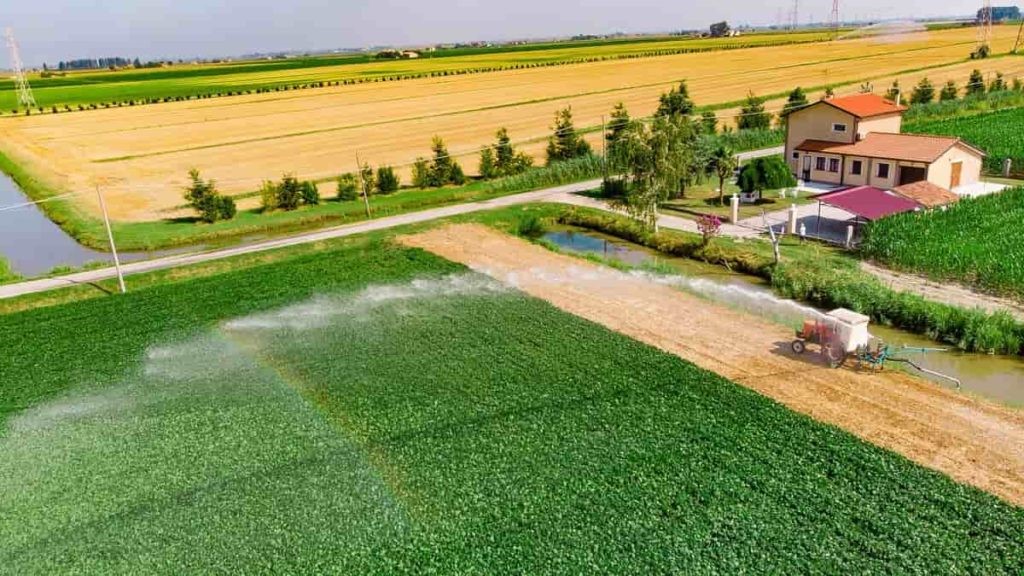Water is an important resource that is used in our daily lives. It used in vitally important sectors of the economy, such as the agriculture sector. Farmers use water to grow crops. Not only is water used to grow crops, it is also used to process agricultural products before they can be sent to the marketplace. Even when they reach markets and are bought by consumers, water is still needed to transform raw food items into edible forms. Water is indisputable an essential resource used by everyone linked to the agriculture sector.

Water conservation is increasingly being encouraged in crucial sectors of the economy, such as the agriculture sector. This is fueled by an increasing demand for water and growing concerns of water scarcity in the society. The United Nations even considers water availability to be a major issue for the 21st century.
A commonly asked question regarding water conservation is how do we conserve water? It is noteworthy that water can be conserved in many ways. One way to conserve water is through rainwater harvesting. Rainwater harvesting is simply the act of collecting rainwater during and/or after rainfalls. Once rainwater has been collected, it is treated and stored for re-use.
Rainwater harvesting has agricultural uses. It can be used for watering gardens in our homes and crop plants in agricultural fields. These reduce the reliance of garden owners and farmers on other sources of water supply, thus saving them money.

Also, we are in a climate change era where intense rainfall is expected. And it can damage agricultural land areas. Rainwater harvesting can be used to divert heavy rainfall from reaching agricultural lands, thereby protecting crop plants from getting damaged.
One good property of rainwater is that it is a soft form of water and does not impact plants negatively. Unlike hard water, that adds calcium carbonate to crop plants, forming a coating on the roots/leaves. When such coatings are formed, it prevents plants from receiving the maximum amount of the water, minerals, fertilizers and pesticides that are supplied to them. It also prevents plants from receiving maximum sunlight, thereby slowing down photosynthesis.
Furthermore, the use of soft water from rainwater harvesting can help to reduce farmers operating costs. This is because calcium carbonate from hard water normally piles up in pumps or sprinklers causing blockages. When such equipment is blocked, money is used to unblock their pathways. In contrast, such problems are not usually associated with the use of soft water in farming operations, thus reducing the cost to maintain crops.
More so, the use of hard water from water mains in farming operations causes scale formations on plants- due to the Calcium Carbonate contents of hard water. These formations promote the growth of bacteria that is capable of damaging crop plants. However, such scale formations are not linked with the use of soft water from rainwater in farming operations, make it safe for plants.
Also, rainwater can be used as a source drinking water for livestock. And it is suitable for livestock compared to chlorinated water.
Furthermore, rainwater can be used to carry out domestic tasks in the farm such as cleaning machinery.
Vardhman Envirotech
India’s Passionate rainwater company
This article is published on: –
We would like to spread this for the benefit of fellow Indians.
